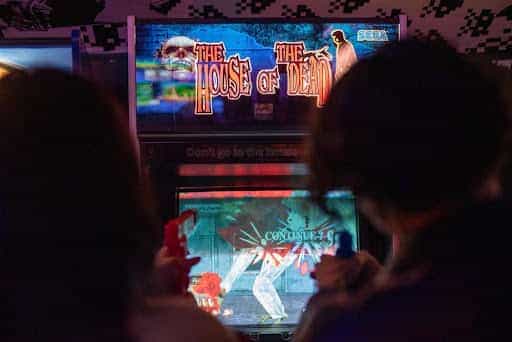Both Generation Zand millennials are members of the younger generations. They are described as technologically smart, and they frequently utilize social media sites such as Facebook, Instagram, Twitter, and YouTube. They are also passionate, development-oriented, driven to make a difference, and driven by entrepreneurship.
Due to their overlapping ages, students from these generations may be observed hanging out together at a university cafeteria. In terms of their major differentiation, individuals born between 1995 and 2012 are typically referred to as Gen Z, whilst those born between 1980 and 1994 are referred to as millennials. The following sections dive deeper into their differences.
Who is the gen z?

People born between (approximately) 1997 and 2015 are referred to as Gen Z. Gen Z is the most global and innovative generation to date, having been brought up with exposure to Serviceh mobile phones as well as the internet.
Gen Z was largely raised by Gen X and has a distinct perspective from Millennials. Generation X made it a point to encourage their children to be more realistic about their futures while still following their aspirations and achieving them on their own.
Gen Z will be a more entrepreneurial generation, using the internet to make their ambitions a reality. After seeing 9/11, the War on Terror, and the 2008 Recession, Gen Z is less hopeful about life, yet they are still as extroverted and proud as Millennials. The primary difference is that Generation Z has grown up in an uncertain world, which has prompted them to desire to take control of their lives.
Who are the Millennials?
This term is derived from the word “millennium,” which means “a thousand years.” In 1991, historians Neil Howe and William Strauss created the phrase. In their book, “Generations,” the term “millennial” was adopted to accurately reflect the findings of their research, which revealed that such a generation is substantially unique from baby boomers.
Furthermore, they had considered the eldest millennials to graduate from high school in the year 2000, which was a well-known year in the 1990s. Howe and Strauss anticipated that for the bulk of millennials’ adulthood, family bonds would be stronger, criminal conduct would be lower, and individuals in their twenties would take fewer risks. These forecasts appear to have all come true.
How do the Millennials and the Gen Z differ from each other?
For Millennials, 9/11 sticks out as an incident akin to Japan’s Pearl Harbor strikes, which sent the US into World War II and prompted a rush to military members. Many Millennials responded to the nation’s call to fight in Afghanistan’s conflict.
The Great Recession, which had a negative economic impact on their families and friends’ families, was a big national event that occurred during their vital formative years — and the age of collective value creation — for Gen Z. Again, the Great Depression had a similar influence on the generation of World War II.
The digital element is the second. Unlike Millennials, who reached their adolescent years before the internet became widely available, Generation Z has always lived in a hyper-connected, online environment. Millennials grew up alongside the rise of personal computing, but their early computer experiences were basic in comparison to those of Gen Z, who have been surrounded by private supercomputers since infancy.
They are also the first generation to be exposed to all of the benefits of smartphones from a young age, whereas Millennials initially met smartphones in their early adult years, much like earlier generations.
How would their differences affect the social spaces such as the market and workplaces?

As members of Generation Z get older and begin to enter the labor field, new generational dynamics emerge in the workplace. While the qualities associated with each generational group do not necessarily apply to individuals, the problems and innovations that millennials and Gen Z faced as children typically shaped their worldview and conduct in unique ways.
Millennials and Generation Z are Serviceh newer generations that grew up with evolving technology, but they differ in how they approach work and important activities.
When it comes to decision-making, millennials are more optimistic than risk-averse Gen Z. Because Gen Z observed the millennial generation’s insecurity, they are more careful and focused on establishing stability through their decisions. Millennials are very entrepreneurial and imaginative, but Gen Z is keener on tried and true paths to success.
Members of Generation Z are more autonomous and may prefer to figure things out on their own, whereas millennials place a higher priority on teamwork and feedback from others. Millennials desire to develop close bonds with their employees and incorporate their jobs into their daily lives. Gen Z is more competitive and focused on their success, desiring to have control over the outcome of their job.
While millennials were raised with the notion that attending college was a must for launching a career, Generation Z is seeking alternatives to traditional higher education to get the information and skills they desire. They adapt their education to their specific, personal goals by using tutorial videos, online courses, and real-world experience.
Various estimates predict that by 2025, the Millennial generation (those born between the early 1980s and the mid-1990s) will make up the bulk of the global workforce – 75 per cent of it, to be exact.
Millennials, together with Generation Z (those born between the mid-1990s and the early 2010s), will dominate the workplace in the not-too-distant future. For HR, this implies that it is critical to understand some of the characteristics of Serviceh generations of workers – think of their work styles, attitudes, and beliefs – to offer them an appropriate work environment.
